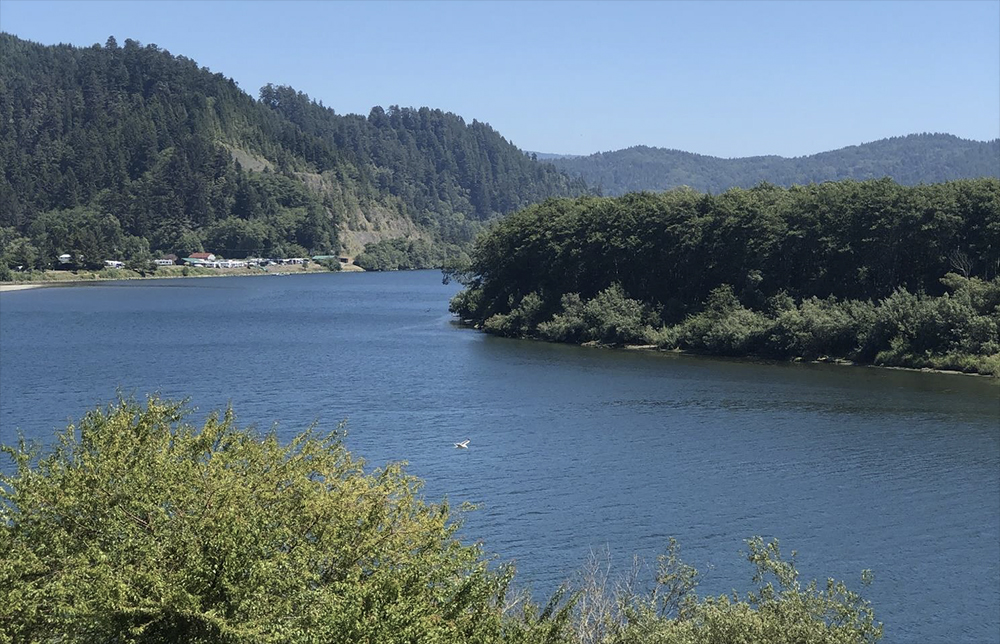
- Details
- By Tribal Business News Staff
- Energy | Environment
The Department of the Interior said this week that $320 million is available for tribal domestic water infrastructure projects as part of the Biden administration’s Investing in America agenda.
Geared toward addressing disparities in access to clean drinking water among Indigenous communities, the funding through the Bureau of Reclamation can be used by federally recognized Tribes and Tribal organizations in planning and constructing domestic water infrastructure projects.
Tribes interested in obtaining assistance under this program must respond to the request for proposals (RFP) issued by Reclamation. Proposals must be submitted to Reclamation’s Native American Affairs Office by August 4, 2024.
“Investing in water infrastructure projects is crucial to ensuring the health, safety and prosperity of Indigenous communities,” Interior Secretary Deb Haaland said in a statement. The water-infrastructure program is part of the Biden-administration’s effort to ensure the federal government supports its trust responsibilities, advances economic opportunities and expands access to clean, reliable drinking water for Indigenous communities, Haaland said.
Under the Inflation Reduction Act, a total of $550 million is allocated to expand domestic water supplies in historically disadvantaged communities, with $320 million earmarked for Tribal projects. Funding covers up to 100 percent of planning, design, or construction costs, with maximum limits ranging from $3 million for planning studies to $50 million for construction projects.
The funding opportunity, open to eligible tribes in 17 western U.S. states served by Reclamation, is available in two phases: Phase one, for planning, design, or construction in fiscal year 2024, and phase two, for construction in fiscal years 2027 and 2028. While phase one funding isn't a prerequisite for phase two, priority will be given to phase one projects.
Projects must demonstrate that at least 80% of their annual average deliveries are for domestic water purposes.
